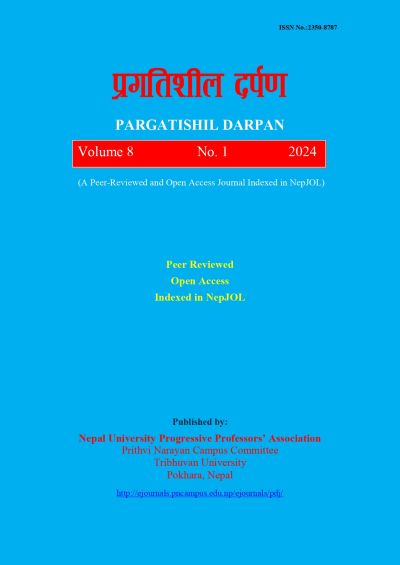Impunity in Nepal from a Social Protection Lens
DOI:
https://doi.org/10.3126/pd.v8i1.70346Keywords:
Impunity, Social Protection, Rule of LawAbstract
This study aims to promote stakeholder solutions to the current state of affairs in Nepal, which has prevailed since the end of the armed conflict in 2006. The study argues that delayed justice in the cases of grave human rights violations that occurred during the armed conflict between the Maoist party and the Government of Nepal is closely associated with the accountability of the then-conflicting parties. The lack of the legislature’s engagement and the Government’s reluctance to address the recommendations of the Supreme Court on transitional justice-related instruments have prolonged the end of impunity and guaranteed social protection of the victims’ families. Upon reviewing the literature on human rights violations, this study concluded that accountability had been impeded by the fragmented conflicting parties, who ignored the victims' and their families’ concerns about justice and social protection. The Government, on the other hand, neglected truth seeking and therefore failed to ensure justice, including in the provision of reparations and standardised institutional reform. The current state of the country’s transitional justice law and unaccountability of state agencies cannot be improved without a collaborative approach and a consultative process with state, non-state actors, victims and their families, as well as the international community.
Downloads
Downloads
Published
How to Cite
Issue
Section
License
Copyright (c) 2024 The Author(s)

This work is licensed under a Creative Commons Attribution-NonCommercial-ShareAlike 4.0 International License.
This license enables reusers to distribute, remix, adapt, and build upon the material in any medium or format for noncommercial purposes only, and only so long as attribution is given to the creator. If you remix, adapt, or build upon the material, you must license the modified material under identical terms.




